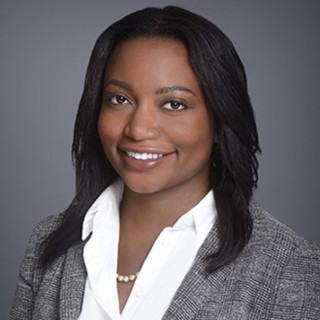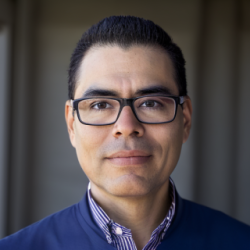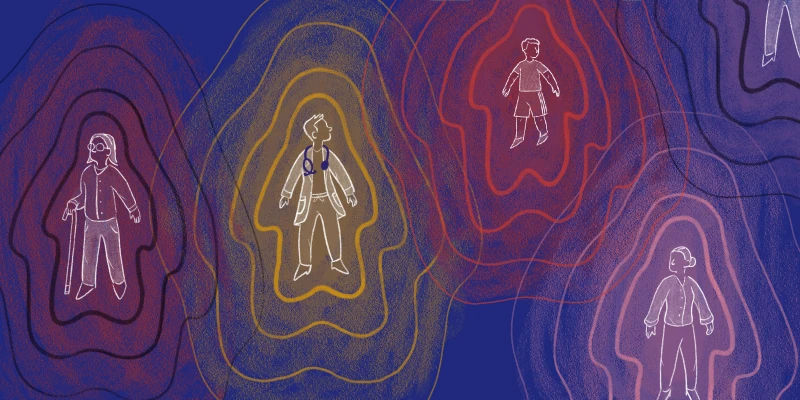I am from Jacksonville, Florida, but more specifically, a neighborhood called Julington Creek Plantation. The name prompted my family to resort to antebellum colloquialisms for comedic relief. We would jokingly thank “the master” for allowing us to live there, but the reality was my father had intentionally marked our race as white on our mortgage application to ensure acceptance. As one of few Black faces in a predominantly white neighborhood, I quickly became aware of my simultaneous existence and exclusion. This double consciousness shaped my way of perceiving, leaving me always looking between the margins and the center. It is a bidirectional navigation that has also formed the foundation of my passion for and approach to neurology.
I remember my first three neurology patients very clearly, all of whom I had eagerly decided to follow out of fascination for their cases. There was a young undocumented woman who was nonverbal and had a tracheostomy due to N-methyl-d-aspartate encephalitis, a retired 9/11 worker with leptomeningeal carcinomatosis due to newly diagnosed lung cancer, and a middle-aged, Spanish-speaking woman who was left paralyzed by a ruptured spinal arteriovenous malformation. I quickly became engrossed in the wide differentials, anatomical correlates, and diagnostic excitement of their neurological diseases, feeling like a true detective solving some of the most pressing puzzles. But in addition to their pathology, I was also deeply impacted by their emotional states. I think back to the look of defeat in the young woman’s eyes as she lay in her hospital bed, isolated not just by her health, but by the way her citizenship status limited her ability to return home. Or the disbelief of the 9/11 worker, as he realized his heroism might have led to his downfall via the hazardous environmental exposures during his service. Or the middle-aged woman, who as we asked to move her legs during her exam, sprouted tears at the awareness of her disability and its threat to her role as the primary caregiver of her family.
All of these patients had been suddenly ripped from the center they knew, leading healthy lives as their fullest selves, to a marginal status of sick. I observed their frustration as they had to navigate this new status and the challenges it posed to their identity. Their experiences not only motivated me to find answers to aid the course of their complex cases, but to also serve as their advocate. I derived immense satisfaction from working to ensure they had all available resources to restore and maintain their agency, from coordinating communication boards to supportive services such as the hospital chaplain and language interpreters. Because of this, I came to appreciate the role of advocacy in neurology. I realized neurology requires constant movement between its theoretical center — neuroscience, pathophysiology, neuroanatomy — and the patients, who, due to the threat to their mental and physical state, are often occupying the theoretical margin. Between a thorough consideration of clinical details to a comprehensive understanding of patient identity, agency, and personhood, neurology lends itself to a certain liminality, where good care lies in the margins, not just the center.
Neurological disease combined with the social determinants of health and structural racism serve as a dangerous threat to personhood. As neurologists and neurologists in training, I believe it is our duty to advocate for equitable care for our patients, especially at times when they cannot do so for themselves. To better serve diverse patient populations, especially racial and ethnic minorities who often face additional barriers within health care, prioritizing patient empowerment and holistic patient care is paramount. We must remember to practice neurology in the margins.
How do you advocate for your patients? Share in the comments.
Emily McNeill is a PGY1 resident physician in neurology at the University of California San Francisco (UCSF). She is a graduate of the Columbia University Vagelos College of Physicians and Surgeons in New York.
Illustration by April Brust







